You know, diving into a new topic can feel like stepping into a labyrinth without a map. It’s easy to feel overwhelmed or unsure where to begin, especially if you’re not familiar with the basics. Trust me, you’re not alone in this!
But hang tight! If you stick around, I promise you’ll gain some clear insights that will make navigating this topic a breeze. By the end, you’ll feel more confident and equipped to tackle whatever comes your way.
We’ll break down the essential concepts, address any misconceptions, and even help you find practical ways to put your newfound knowledge to use. Let’s get started on this journey together!
Key Takeaways
- Understand your audience and their needs to create effective online courses.
- Focus on clear learning objectives to guide your content development.
- Interactivity in courses enhances engagement and improves retention rates.
- A well-designed course results in higher student motivation and completion rates.
- Quality of content is more important than quantity; aim for valuable insights.
- Continuous improvement based on student feedback is crucial for success.
- Leverage online platforms for effective course delivery and management.
- Marketing and promotions are essential to reach a broader audience.
- Utilize available resources and communities to enhance your course creation skills.

What You Need to Know About the Topic
When it comes to online course creation, understanding the fundamentals can make a huge difference in your success.
It’s not just about uploading content; it’s about creating an engaging experience for your learners.
The landscape of online education is evolving, and knowing how to navigate it will set you apart.
From selecting the right platform to structuring your content effectively, it’s essential to know what goes into a well-designed course.
Key Concepts and Principles
Before diving in, there are several key concepts to grasp.
First, understand your audience. Identify who they are, what they need, and how you can meet those needs through your course.
Next, think about your objectives. Establish clear learning outcomes that will guide your content creation, making sure they align with what your audience is looking for.
Another vital principle is the importance of interactivity. Engaging learners through quizzes, discussions, and other interactive features can significantly enhance retention.
Finally, ensure your content is accessible. This means considering different learning styles and providing materials in various formats.
Benefits of Understanding the Topic
Getting a solid grip on online course creation comes with numerous benefits.
For starters, it leads to better course design, making your content not just informative but also enjoyable.
A well-structured course keeps students motivated and eager to learn, which can result in higher completion rates.
Moreover, understanding the mechanics of course promotion enables you to reach a wider audience.
Lastly, a thoughtful approach helps minimize refunds or complaints, as satisfied students are more likely to recommend your course to others.
Common Misunderstandings
There are several misconceptions about creating online courses that can hinder your success.
One common myth is that only those with teaching experience can create courses. This is simply not true; passion and expertise in a subject matter are what truly matter.
Another misunderstanding is that more content equates to a better course. Quality always trumps quantity; focus on delivering valuable insights and practical applications.
Lastly, some believe that once the course is launched, the work is done. In reality, continuous improvement based on student feedback is crucial for long-term success.

Practical Applications
Understanding the theory behind online course creation is great, but seeing how it plays out in real life is even better.
For instance, businesses can leverage online courses to train employees efficiently.
This not only formalizes knowledge transfer but also keeps training costs down.
Additionally, educators transitioning to online platforms can utilize effective teaching strategies to enhance the learning experience for their students.
Think of platforms like Udemy, where instructors can offer specialized courses and reach a global audience while sharing their expertise.
Another application is in skill development; online courses allow individuals to learn new skills at their own pace, making education flexible.
For example, someone may choose to learn coding online through a structured course, gaining skills that enhance their career prospects.
Finally, organizations can utilize real-time analytics to monitor the effectiveness of their courses, making adjustments based on student performance and engagement.
By applying these methods, not only do you benefit learners, but also increase your course’s value and appeal.
Steps to Get Started
Now that you’ve got the basics down, it’s time to roll up your sleeves and start the course creation process.
First, outline your course objectives. What do you want your learners to walk away knowing?
Next, conduct market research to see what is already available in your niche.
This will help you find a unique angle and avoid redundancy.
Once you’ve got a solid plan, choose a suitable platform for your course, considering options like Teachable or Thinkific.
Then, start developing your course content, ensuring it’s interactive and engaging.
After that, it’s crucial to set up a promotional strategy. Think about what marketing channels you’ll use to attract students.
Utilize social media, email newsletters, and possibly even partnerships to get the word out.
As you prepare to launch your course, consider creating a few free resources or teasers to build interest.
Lastly, once your course is live, gather feedback continually to improve the course experience for future learners.
Resources for Further Learning
If you’re eager to expand your knowledge and refine your course creation skills, there are plenty of resources to help you.
Start with online courses themselves! Websites like [Create A Course](https://createaicourse.com/how-to-create-an-online-course-pdf/) offer valuable insights into course design and development.
Books such as “The Online Teaching Survival Guide” provide practical tips and strategies for successful online education.
Additionally, YouTube is a treasure trove of tutorials on various aspects of course creation, from technical skills to marketing strategies.
Joining online communities can also be beneficial; forums like Reddit and Facebook groups dedicated to online education offer support and insights.
For those looking to dive deeper, consider checking out resources on [effective teaching strategies](https://createaicourse.com/effective-teaching-strategies/) and [how to create a course outline](https://createaicourse.com/how-to-create-a-course-outline-a-step-by-step-guide/) for structured guidance.
With these resources, you’ll be better equipped to navigate the world of online course creation with confidence.
FAQs About the Topic
Curious about some common questions related to online course creation?
One frequently asked question is whether anyone can actually create a course.
The answer is a resounding yes! As long as you have knowledge or a skill to share, you can create a course.
Another common inquiry revolves around the time investment needed to build a course.
This can vary significantly depending on your content and delivery method, but a well-planned course can often be created in a few weeks.
People also wonder about the potential earnings from selling online courses.
While it differs widely based on factors like niche and marketing, successful course creators can earn substantial income.
Lastly, many ask if they need special software or platforms to host their courses.
While traditional website hosting works, dedicated platforms can simplify the process, providing tools for payment, content management, and analytics.
Don’t hesitate to explore these options as you forge your path in the world of online learning.

Common Misunderstandings
There are several misconceptions about creating online courses that can hinder your success.
One common myth is that only those with teaching experience can create courses. This is simply not true; passion and expertise in a subject matter are what truly matter.
Another misunderstanding is that more content equates to a better course. Quality always trumps quantity; focus on delivering valuable insights and practical applications.
Lastly, some believe that once the course is launched, the work is done. In reality, continuous improvement based on student feedback is crucial for long-term success.
Practical Applications
Understanding the theory behind online course creation is great, but seeing how it plays out in real life is even better.
For instance, businesses can leverage online courses to train employees efficiently.
This not only formalizes knowledge transfer but also keeps training costs down.
Additionally, educators transitioning to online platforms can utilize effective teaching strategies to enhance the learning experience for their students.
Think of platforms like Udemy, where instructors can offer specialized courses and reach a global audience while sharing their expertise.
Another application is in skill development; online courses allow individuals to learn new skills at their own pace, making education flexible.
For example, someone may choose to learn coding online through a structured course, gaining skills that enhance their career prospects.
Finally, organizations can utilize real-time analytics to monitor the effectiveness of their courses, making adjustments based on student performance and engagement.
By applying these methods, not only do you benefit learners, but also increase your course’s value and appeal.
Steps to Get Started
Now that you’ve got the basics down, it’s time to roll up your sleeves and start the course creation process.
First, outline your course objectives. What do you want your learners to walk away knowing?
Next, conduct market research to see what is already available in your niche.
This will help you find a unique angle and avoid redundancy.
Once you’ve got a solid plan, choose a suitable platform for your course, considering options like Teachable or Thinkific.
Then, start developing your course content, ensuring it’s interactive and engaging.
After that, it’s crucial to set up a promotional strategy. Think about what marketing channels you’ll use to attract students.
Utilize social media, email newsletters, and possibly even partnerships to get the word out.
As you prepare to launch your course, consider creating a few free resources or teasers to build interest.
Lastly, once your course is live, gather feedback continually to improve the course experience for future learners.
Resources for Further Learning
If you’re eager to expand your knowledge and refine your course creation skills, there are plenty of resources to help you.
Start with online courses themselves! Websites like Create A Course offer valuable insights into course design and development.
Books such as “The Online Teaching Survival Guide” provide practical tips and strategies for successful online education.
Additionally, YouTube is a treasure trove of tutorials on various aspects of course creation, from technical skills to marketing strategies.
Joining online communities can also be beneficial; forums like Reddit and Facebook groups dedicated to online education offer support and insights.
For those looking to dive deeper, consider checking out resources on effective teaching strategies and how to create a course outline for structured guidance.
With these resources, you’ll be better equipped to navigate the world of online course creation with confidence.
FAQs About the Topic
Curious about some common questions related to online course creation?
One frequently asked question is whether anyone can actually create a course.
The answer is a resounding yes! As long as you have knowledge or a skill to share, you can create a course.
Another common inquiry revolves around the time investment needed to build a course.
This can vary significantly depending on your content and delivery method, but a well-planned course can often be created in a few weeks.
People also wonder about the potential earnings from selling online courses.
While it differs widely based on factors like niche and marketing, successful course creators can earn substantial income.
Lastly, many ask if they need special software or platforms to host their courses.
While traditional website hosting works, dedicated platforms can simplify the process, providing tools for payment, content management, and analytics.
Don’t hesitate to explore these options as you forge your path in the world of online learning.
FAQs
The key concepts often include foundational theories, important terminology, and fundamental principles that provide a basis for understanding the topic effectively.
This topic has various practical applications, including enhancing decision-making processes, improving efficiency, and providing innovative solutions in relevant industries or areas of study.
To begin, explore introductory resources such as online courses, books, or articles. Establish a study plan and gradually build your knowledge through practice and engagement with the material.
Common misunderstandings often include oversimplifying complex ideas or assuming proficiency without proper knowledge. Clarifying these misconceptions is crucial for effective learning and application.
